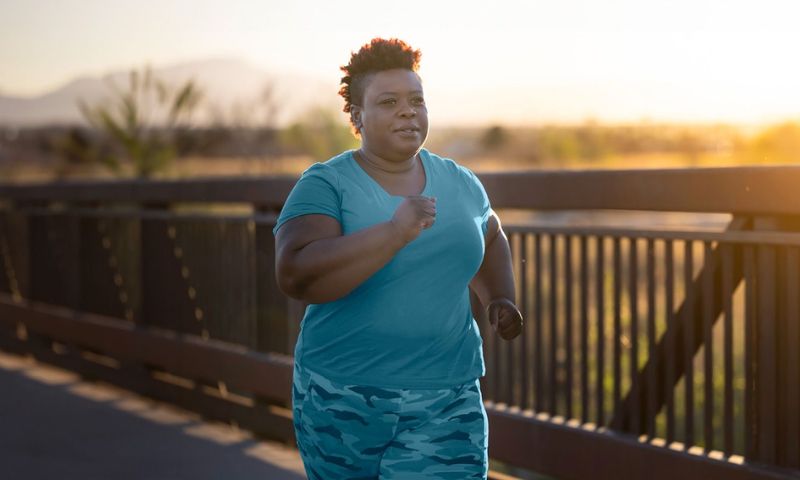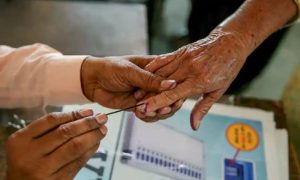SYDNEY: A new study conducted by researchers at the University of Sydney in Australia revealed a surprising health benefit from working out in the evening after 6pm in the evening compared to morning sessions.
The study, spanning eight years and involving 30,000 obese persons aged 62-88, aimed to investigate whether the timing of physical activity impacts health outcomes. The findings suggest a significant advantage for those who engage in evening exercise, with a remarkable 61% lower risk of mortality and a 36% lower risk of developing heart disease compared to non-exercisers.
Professor Emmaneul Stamatakis, study author and director of the Mackenzie Wearables Research Hub at Charles Perkins Centre, emphasized the implications of these findings for future obesity and type 2 diabetes management, stating, “This study suggests that the timing of physical activity could be an important part of the recommendations for future obesity and type 2 diabetes management, and preventive healthcare in general.”
The study utilized a 24-hour fitness tracker to monitor participants’ weekly activity, categorizing them based on the timing of their exercise: morning, afternoon, and evening. Interestingly, participants who predominantly exercised in the evening, from 6pm to midnight, exhibited the most favorable health outcomes, according to observational data from smaller trials.
Dr. Angelo Sabag, lecturer in Exercise Physiology at the University of Sydney, underscored the significance of these findings in addressing the obesity crisis, particularly in Australia, where approximately two in three individuals are overweight or obese. Sabag emphasized that while exercise alone may not provide a complete solution to the obesity epidemic, strategic planning of physical activity throughout the day could help mitigate associated health risks.
“Exercise is by no means the only solution to the obesity crisis, but this research does suggest that people who can plan their activity into certain times of the day may best offset some of these health risks,” Sabag noted.























